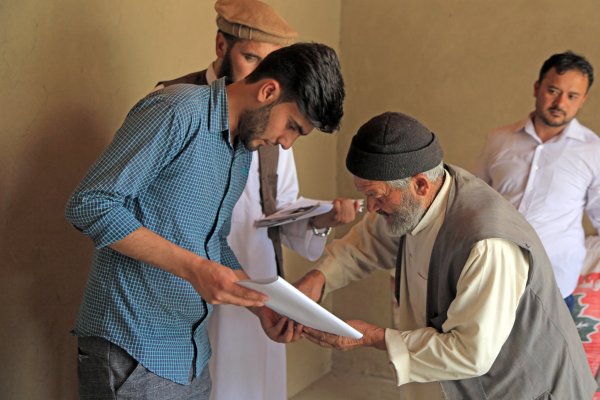Review summarises heterogeneity in design and analysis of visceral leishmaniasis clinical trials
A new systematic review, published in the American Journal of Tropical Medicine & Hygiene, summarises the heterogeneity in design and analysis of clinical trials for visceral leishmaniasis (VL) – information which can potentially help improve future trial designs.

Visceral leishmaniasis (VL) is a neglected tropical disease that is transmitted by female sandflies. VL is the most severe of the three forms of leishmaniasis and is almost always fatal without treatment. The World Health Organization (WHO) estimates there are between 50,000 to 90,000 new cases worldwide every year.
The review based on the Infectious Diseases Data Observatory (IDDO) VL library of published efficacy studies, described methodological aspect of design, conduct, analysis, and reporting from 89 studies published during 2000-2021.
The review highlighted substantial variations in definitions adopted for patient screening, disease diagnosis and therapeutic outcomes along with variability in inclusion and exclusion criteria adopted for patient enrolment.
One of the study authors Prabin Dahal said: “By studying existing literature, gaps in knowledge can be identified and research can be targeted at specific patient populations. For example, our review identified that patients with severe malnutrition or pregnant women were excluded in vast majority of the trials, highlighting limited evidence regarding treatment efficacy in this patient population.”
Prof Ahmed Musa, a globally recognised expert on Visceral Leishmaniasis clinical trials design and conduct from the University of Khartoum, Sudan, stated: “This review is timely and provides a comprehensive overview of the existing methodological practices in VL trials from the literature. This can serve as a useful source of information regarding different aspects of trial to inform future designs. This is particularly important to maximise existing resources as undertaking randomised trials for novel drug regimens in VL remains a major challenge due to financial constraints and operational difficulties.”
Read the full paper: ‘Design, conduct, analysis, and reporting of therapeutic efficacy studies in Visceral Leishmaniasis: A systematic review of published reports, 2000-2021’

